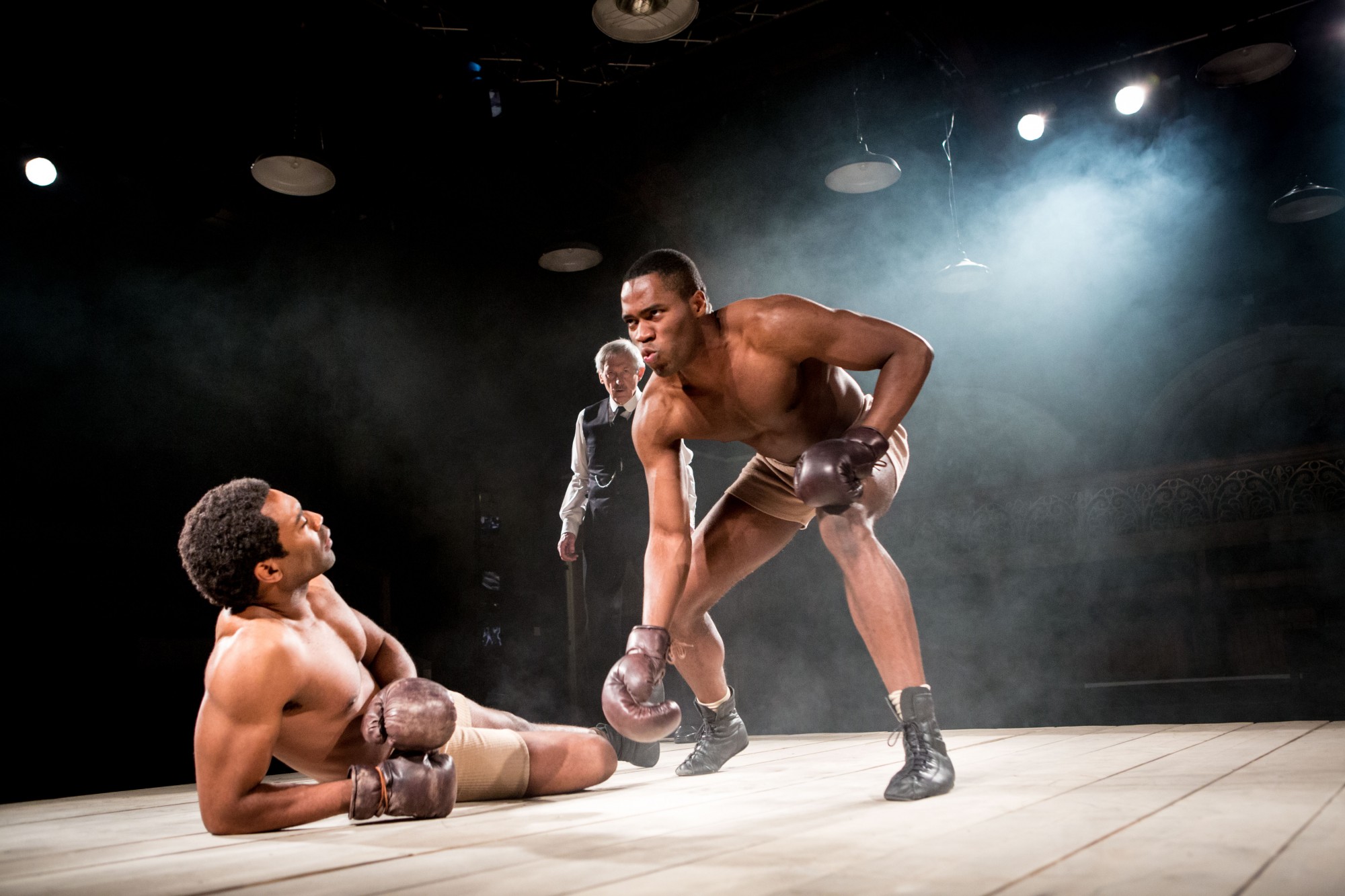Funding cuts to Creative Access are a disaster for building diverse theatre audiences – Madani Younis
Mon 19 Dec 2016 |
The Bigger Picture
Madani Younis, Artistic Director of the Bush Theatre, has been thinking about how we empower unrepresented artists and leaders in the theatre sector following the news that diversity charity Creative Access is to be cut from government funding.
It’s been a memorable few months. For us, in particular, we announced the first season of plays in our redeveloped Bush Theatre following a £4.3m redevelopment. The renovated building will revolutionise what we can do to create new work and develop diverse new voices that make a statement beyond our four walls. But at the same time, the international political environment has taken a sad turn. And on Wednesday last week, closer to home, the Department of Education announced that Creative Access is to lose its £2m funding.
Creative Access is a British charity that gives black and minority ethnic (BAME) young people the chance to make it in the creative industries. It’s one of a kind. The funding provides paid training and internships to a drastically underrepresented group in the sector. Hundreds have got jobs in publishing, galleries, media and theatre because of it. How do we expect to have diverse artistic leaders of the future without investing in entry into the sector?
The numbers of BAME people represented in the creative industries are dazzlingly small.
And it’s been working. It was attractive to big and small cultural organisations alike. Places like Tate, National Theatre, BBC, The RSC, LIFT and Penguin Random House have been signed up to host interns. There are more than 700 alumni of the scheme. But still, the numbers of BAME people represented in the creative industries are dazzlingly small. As academics Mark Taylor and Dave O’Brien point out, the 2015 Labour Force Survey data shows that BAME people constitute less than 5% of those working in film and television, music, performing and visual arts, as well as the museums sector.
And we won’t see theatre audiences representative of our society without diversifying the arts sector’s leadership. Arts Council England (ACE) launched its annual report on diversity on Monday. It outlines the moral, business and creative case for diversifying the sector. Just 17% of the workforce in England’s 663 national portfolio organisations is BAME. Only 8% of chief executives are black and minority ethnic and only 10% of artistic directors and chairs, of which I am one.
I am committed to making theatre that reflects the world of our home in Shepherd’s Bush. 50% of the writers in our new season are BAME. That’s a statistic unrivalled by any 2017 theatre season currently announced by a London venue. We’ll be working with Artistic Directors of the Future (ADF) and Battersea Arts Centre (BAC) to champion the next generation of visionary BAMER (Black, Asian, Minority Ethnic and Refugee) leaders and artists. Through the programme, Up Next, seven members of ADF will trained across a range of disciplines and take part in a two-month takeover of the Bush and BAC.
It’s possible for theatre and theatres to influence political discourse – to agitate as well as entertain.
It’s vital that we power change by looking ahead. The much talked about Andrew Lloyd Weber report notes that 44% of the London population is BAME. That’s only going to grow. Theatre Royal Stratford East, Talawa, Tara Arts, Eclipse and Ballet Black are just some of the performing arts organisations utterly committed to these ideals. But the theatres that receive huge amounts of public funding and audiences across their threshold need to be doing more.
Journalist and producer William Njobyu has started a petition ‘Save diversity charity Creative Access from being closed!’. It’s steadily growing in signatures. At the time of writing, there have been over 2000. The voices on Twitter crying out for equality of opportunity in the creative industries are strong and loud. But not loud enough, it seems, to be listened to.
From the #BAFTASsowhite campaign, and its recent offshoot #Christmassowhite, to the cast of Hamilton acting as voice for communities of America scared of their position in their country, we need high profile campaigns to wake funders, decision makers and governments up to underlying systems of privilege that whitewash our industry.
It’s not just about paying lip service or funding speak with the right buzzwords – sometimes art does create real social and political change. It’s possible for theatre and theatres to influence political discourse – to agitate as well as entertain. But we need the artistic leadership to carry that forward. Otherwise, theatre continues to exist only speaking to the social concerns of a minority.
– Madani Younis
Tweet Madani your thoughts or ask any questions @bushtheatre.



